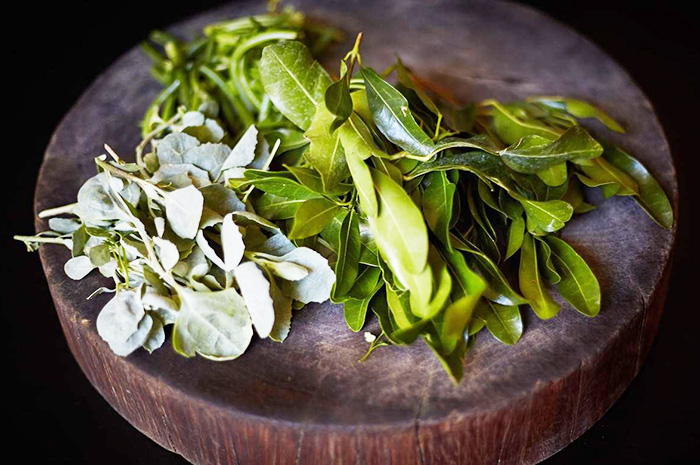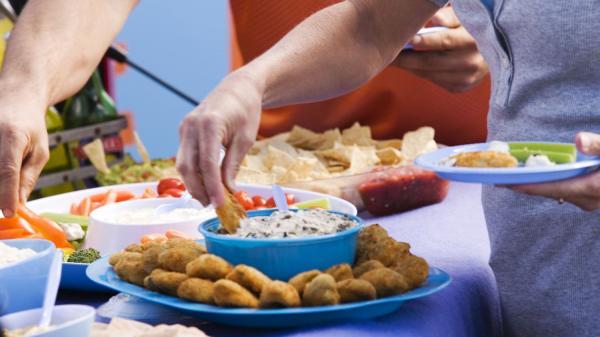A lot of people see the practice of double-dipping as unsanitary and just plain gross. But aside from these, does double-dipping really increase one’s probability of contracting germs and infections?
Imagine seeing someone dipping a carrot, celery or a chip into a communal bowl of mayo, dip or salsa after they’ve just taken it out of their mouths for a bite. Would you like most people, view the action as grossly unsanitary? Do you think the aversion to this practice is scientifically sound?
A few years back, a food scientist from Clemson University (South Carolina, US) by the name of Dr. Paul Dawson decided to check once and for all if the process of double-dipping is indeed harmful. And in his conclusion, he established that double-dipping has the capacity to transfer bacteria from the mouth to the dip in the bowl, where it can be picked-up and ingested by the next person who will be using the same dip. It’s almost like kissing, without the actual physical contact.
Sharing the same dip (double-dip) is probably okay if you’re doing it with a loved one, but then again, if it happens during a party where a lot of people are present, then you might want to think twice if you’d be willing to swap a small amount of saliva with any of them. If your answer is a resounding NO, then it’s best to stay away from the dip.
What do you have in your mouth?
Double-dipping maybe is gross, but it’s not really dangerous. Sure it transfers bacteria from the mouth of the dipper into the dip, ready to be picked-up by the next unsuspecting dipper, but then again, remember that the mouth harbours about 500-1000 types of bacteria at any given time—a lot of which are harmless, while some can even be beneficial to the body. There are a lot of diseases that can be transferred via saliva like tuberculosis, SARS, and pneumonic plague, but the probability of encountering someone afflicted with these diseases is somewhat low if you’re just attending a regular holiday party.
Your chance however of running into someone with colds and flu, especially during the winter months is pretty high. And while double-dipping with someone with a cold, is almost like kissing them, it is not nearly as dangerous as shaking their hands.
How do you contract colds? How does it spread?
Contrary to popular belief, the common cold is not spread from one person to the next via an exchange of saliva. It is actually via mucus and contact with an infected person’s hands. Imaging a person with colds blowing their noses or coughs into their hands, then shaking your hand, touches a window pane or a door knob that someone else might touch later on. Having the offending virus in your hand will not make you sick, the problem happens when you start rubbing that hand to your eyes, nose and other parts of your body.
So yes, double-dipping is probably not really the best way to enjoy that chips and zesty salsa. It’s not just with colds; generally touching any food with unclean hands can contaminate it and lead to food poisoning. So better be safe than sorry, skip double-dipping if you can and keep your own mouth bacteria to yourself.








